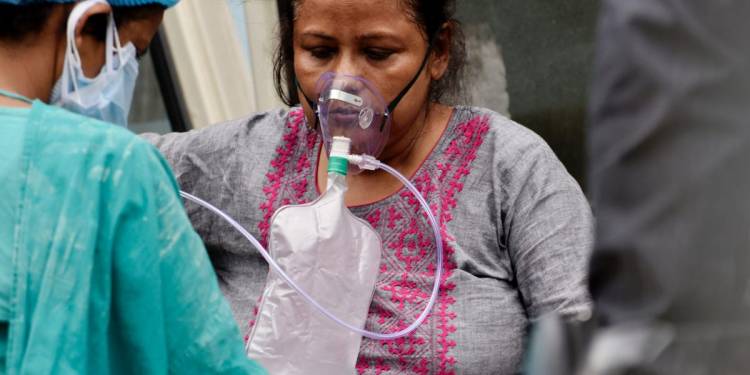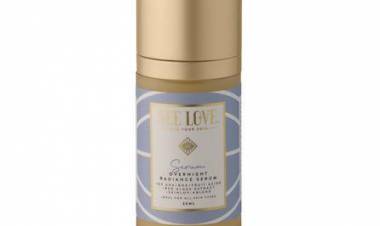Demand for portable oxygen cans on the rise in country

After oxygen cylinders, it’s everyday-use portable oxygen cans that are now witnessing brisk sales across the country, with escalating air pollution levels and increased travel and outdoor activities. It is also being used by those recovering from COVID-19.
Sales of these portable oxygen cans, according to industry experts, have doubled post-Diwali, and going by the current trend they are expected to triple in the coming weeks.
Delhi-NCR alone claims to bring in 65% of the sales, while Mumbai, Bengaluru and Pune also are witnessing a steady climb in demand for this product. This when medical doctors are not ready to give an all-clear for the product, stating that it can actually delay medical intervention and lead to a false sense of well-being.
“Available for under ₹2000 and sold as an over-the-counter product, these portable cans have seen an increased demand after Diwali. While sales have doubled recently, we are expecting the figure to further climb going by the trends,” said Alankar Saxena, co-founder and CEO, UCS Wellness, a company that makes portable cans. He added that the cans are safe for the older population, people with respiratory problems and fitness enthusiasts, and can be offered to children and pregnant women in consultation with doctors.
“This is also used as a performance enhancer in most professional athletics competitions and is manufactured in a USFDA-registered manufacturing facility. Our portable oxygen can offers 900-950 inhalations and people can use a few puffs as required. Users just have to spray like a deodorant in front of the face and mouth and inhale it,” he said.
Content recommended by The Hindu
Industry experts note that these portable oxygen cans are also being put to use while travelling, during outdoor sports and to combat the ill-effects of COVID-19.
Not useful: doctors
However, doctors are not ready to give an all-clear for the product. “These cans are not useful and they should not be recommended,” said Dr. Mubasheer Ali, senior Internal Medicine consultant, Apollo TeleHealth. “Technically, a patient in need of oxygen will require at least 1 litre per minute. While these portable oxygen spray cans can have up to 12 litres of oxygen, they will last for about 10 minutes or even less. They shouldn’t be seen as a medical intervention.”
Such products give only a wrong sense of security and may delay patients from seeking timely medical attention, Dr. Ali said. These oxygen spray cans will hardly help in times of acute respiratory failure. One requires a continuous, high flow of oxygen supply with a proper setting, he said.
“These spray cans may only be used in areas with severe air pollution, for certain sports activities, high-altitude climbing and expeditions, mountaineering, sky expeditions etc., and not to treat a COVID-19 patient. As oxygen supports combustion, storing these at homes is also hazardous. Use of oxygen at home has to be under the supervision of a medical doctor or a trained medical professional only,” he added.
Recreational use
Dr. Neetu Jain, senior consultant Pulmonology, PSRI Hospital, noted that oxygen cans are not meant for emergency use or for use by patients suffering from lung illnesses requiring oxygen. “These are meant for recreational oxygen use which is supposed to make you more alert and active, but there is no control on the amount of oxygen coming from cans. In short, these don’t work. They cannot cure hypoxia due to COVID-19 either. Relying on these oxygen cans for emergency use can even lead to loss of life. Oxygen can just have a placebo effect and is useful for only mountaineering. They are not really habit-forming, but there are no benefits.”
Oxygen cans are not recommended for generally healthy people, said Dr. Vidya Nair, senior consultant, Respiratory and Sleep Medicine, QRG Super Speciality Hospital, Faridabad. She said no medical guidelines recommend the use of oxygen cans and as of now there is no data suggesting its potential benefit.



















